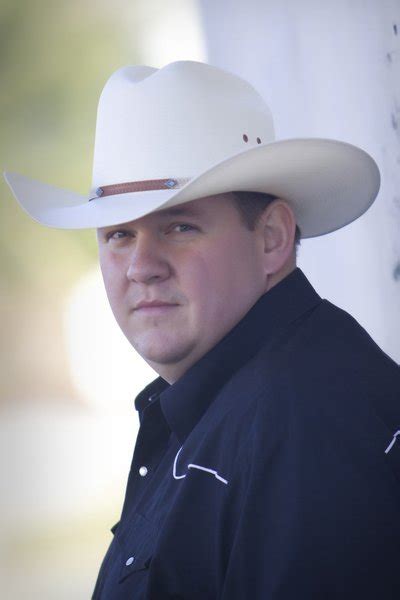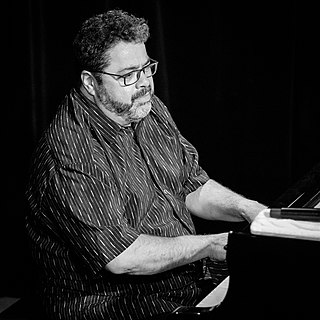A Quote by Stephen Colbert
Arbitrary rules teach kids discipline: If every rule made sense, they wouldn't be learning respect for authority, they'd be learning logic.
Related Quotes
Our goal as a parent is to give life to our children's learning--to instruct, to teach, to help them develop self-discipline--an ordering of the self from the inside, not imposition from the outside. Any technique that does not give life to a child's learning and leave a child's dignity intact cannot be called discipline--it is punishment, no matter what language it is clothed in.
10 Rules for Being Human: Rule #1 - You will receive a body. Rule #2 - You will be presented with lessons. Rule #3 - There are no mistakes, only lessons. Rule #4 - The lesson is repeated until learned. Rule #5 - Learning does not end. Rule #6 - "There" is no better than "here". Rule #7 - Others are only mirrors of you. Rule #8 - What you make of your life is up to you. Rule #9 - Your answers lie inside of you. Rule #10 - You will forget all this at birth.
Learning to read and write makes little sense if you don't understand what you're reading and writing about. While we may have forgotten, most of our early learning came not from being explicitly taught but from experiencing. Kids aren't born knowing hard and soft, sweet and sour, red and green. When the child experiences those things, s/he transforms them into psychological understandings. When kids play with other kids, they learn about others and about themselves. Learning the basics of our physical and social reality is what early childhood is all about.
If you try to impose a rigid discipline while teaching a child or a chimp you are working against the boundless curiosity and need for relaxed play that make learning possible in the first place... learning cannot be controlled; it is out of control by design. Learning emerges spontaneously, it proceeds in an individualistic and unpredictable way, and it achieves its goal in its own good time. Once triggered, learning will not stop--unless it is hijacked by conditioning.
The self-discipline of the Social Democracy is not merely the replacement of the authority of bourgeois rulers with the authority of a socialist central committee. The working class will acquire the sense of the new discipline, the freely assumed self-discipline of the Social Democracy, not as a result of the discipline imposed on it by the capitalist state, but by extirpating, to the last root, its old habits of obedience and servility.


































